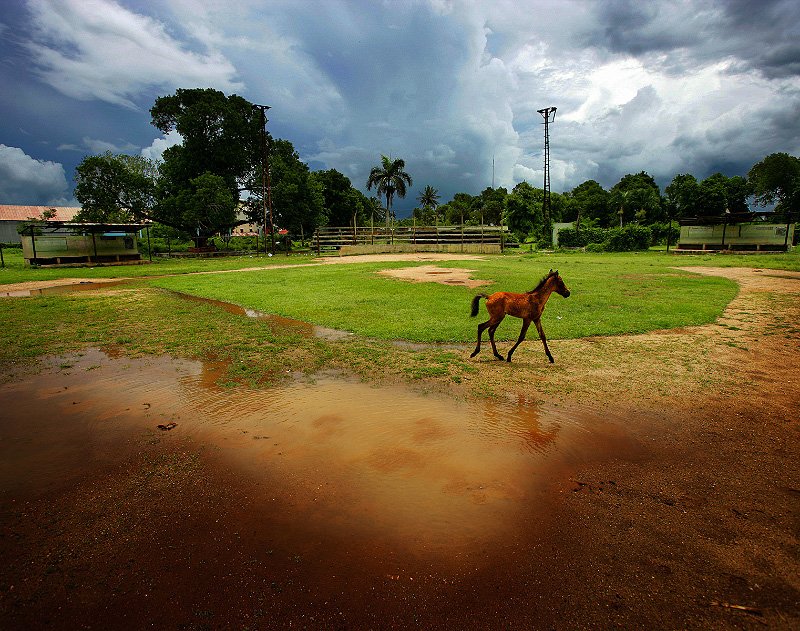Ten years ago on Oct. 17, 2005, NBA players received a surprising memo from then-commissioner David Stern. A league-wide dress code was going into effect. No more baggy jeans. No fitted baseball caps.
No XXXL white T-shirts. No Timberland boots. Oversized necklaces – even ones with religious pendants – were also out. Players were not happy. Some jokingly called it the “A.I. rule” after Philadelphia 76ers guard Allen Iverson. Some thought it was racist toward black players or a slap at the hip-hop community.
“I remember a lot of guys being upset with it,” said San Antonio Spurs forward David West, who was then playing for the New Orleans Hornets. “A lot of guys thought they were being too intrusive. … I just remember felling like, ‘Damn, I’m a grown man and someone is telling me what to wear.’ ”
Most Stylish Nba Players All Of Time
His three boats stove around him, and oars and men both whirling in the eddies; one captain, seizing the line-knife from his broken prow, had dashed at the whale, as an Arkansas duellist at his foe, blindly seeking with a six inch blade to reach the fathom-deep life of the whale. That captain was Ahab. And then it was, that suddenly sweeping his sickle-shaped lower jaw beneath him, Moby Dick had reaped away Ahab’s leg, as a mower a blade of grass in the field. No turbaned Turk, no hired Venetian or Malay, could have smote him with more seeming malice. Small reason was there to doubt, then, that ever since that almost fatal encounter, Ahab had cherished a wild vindictiveness against the whale, all the more fell for that in his frantic morbidness he at last came to identify with him, not only all his bodily woes, but all his intellectual and spiritual exasperations.

It is not probable that this monomania in him took its instant rise at the precise time of his bodily dismemberment.
Then, in darting at the monster, knife in hand, he had but given loose to a sudden, passionate, corporal animosity; and when he received the stroke that tore him, he probably but felt the agonizing bodily laceration, but nothing more. Yet, when by this collision forced to turn towards home, and for long months of days and weeks, Ahab and anguish lay stretched together in one hammock, rounding in mid winter that dreary, howling Patagonian Cape; then it was, that his torn body and gashed soul bled into one another; and so interfusing, made him mad.
That it was only then, on the homeward voyage, after the encounter, that the final monomania seized him?
That it was only then, on the homeward voyage, after the encounter, that the final monomania seized him, seems all but certain from the fact that, at intervals during the passage, he was a raving lunatic; and, though unlimbed of a leg, yet such vital strength yet lurked in his Egyptian chest, and was moreover intensified by his delirium, that his mates were forced to lace him fast, even there, as he sailed, raving in his hammock. In a strait-jacket, he swung to the mad rockings of the gales. And, when running into more sufferable latitudes, the ship, with mild stun’sails spread, floated across the tranquil tropics, and, to all appearances, the old man’s delirium seemed left behind him with the Cape Horn swells.
To that one end, did now possess a thousand fold more potency than ever he had sanely brought to bear upon any one reasonable object.
God the direful madness was now gone; even then, Ahab, in his hidden self, raved on. Human madness is oftentimes a cunning and most feline thing. When you think it fled, it may have but become transfigured into some still subtler form. Ahab’s full lunacy subsided not, but deepeningly contracted; like the unabated Hudson, when that noble Northman flows narrowly, but unfathomably through the Highland gorge.
But, as in his narrow-flowing monomania, not one jot of Ahab’s broad madness had been left behind; so in that broad madness, not one jot of his great natural intellect had perished. That before living agent, now became the living instrument. If such a furious trope may stand, his special lunacy stormed his general sanity, and carried it, and turned all its concentred cannon upon its own mad mark. I knew the Indians would soon discover that they were on the wrong trail and that the search for me would be renewed in the right direction as soon as they located my tracks. I had gone but a short distance further when what seemed to be an excellent trail opened up around the face of a high cliff. The trail was level and quite broad and led upward and in the general direction I wished to go. The cliff arose for several hundred feet on my right, and on my left was an equal and nearly perpendicular drop to the bottom of a rocky ravine.












